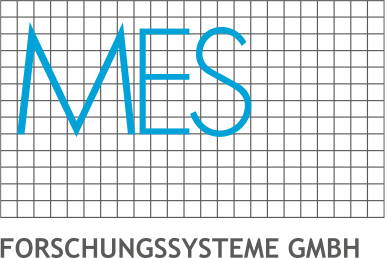Nouns and Verbs in the Brain: The state of the artGabriella Vigliocco, University College London Grammatical class (nouns, verbs, adjectives etc.) is one of the best candidates for being a linguistic universal. This fact has been taken to indicate that grammatical class is an organization criterion of linguistic information in the brain. However, it has also been argued that grammatical class is a property emergent from semantic distinctions and the statistical contextual information provided by connected speech. I will review the existing (behavioural, neuropsychological and imaging) literature, including our cross-linguistic work keeping into account: (1) that most studies have confounded semantic differences with the grammatical distinction between nouns and verbs, and (2) that the literature conflates studies concerned with mechanisms of single word processing with investigations concerned with sentence integration. The two overarching findings emerging are: the clear neural separability between the processing of object and action words, and the fact that grammatical class effects emerge or become stronger for tasks and languages imposing greater processing demands. Sponsored by MES Forschungssysteme GmbH |
|
|
Last Update: March 17th 2014 |




